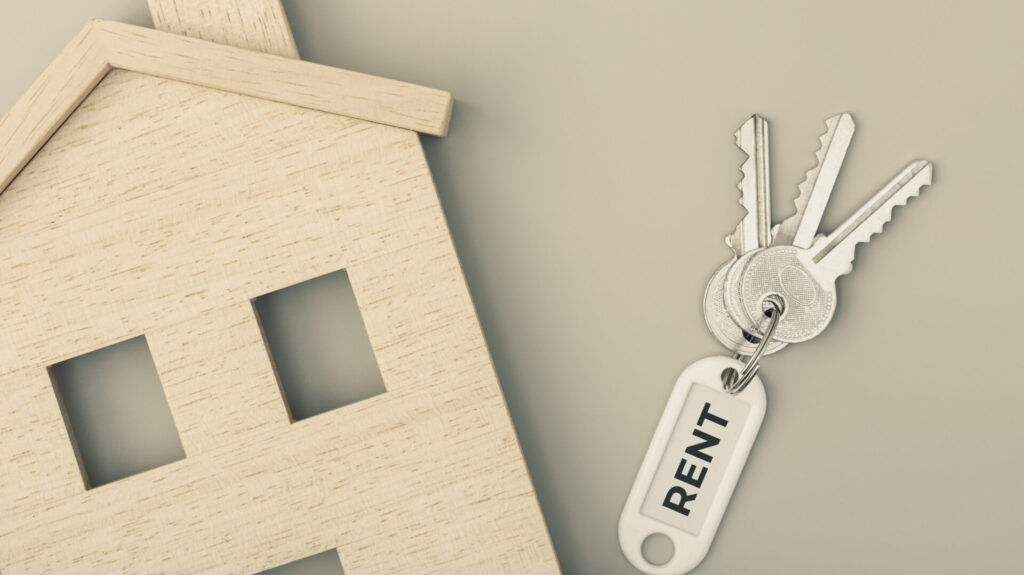
Renting a home is a significant life decision that comes with its own set of advantages and disadvantages. Whether you’re considering renting as a temporary solution or a long-term housing arrangement, it’s essential to weigh the pros and cons to make an informed choice. In this comprehensive guide, we’ll delve deeper into the benefits and drawbacks of renting, helping you understand if it’s the right housing option for you.
The Pros of Renting
Flexibility and Mobility
One of the primary advantages of renting is flexibility. Renters can easily relocate without the burden of selling a property, making it an ideal choice for those who anticipate frequent moves due to work or personal reasons. Whether it’s for career opportunities, lifestyle changes, or the desire to explore different neighbourhoods, renting provides the freedom to move as needed without the commitment of homeownership.
Lower Upfront Costs
Renting typically requires a smaller upfront financial commitment than buying a home. Renters pay a security deposit and the first month’s rent, which is generally more affordable than a down payment and closing costs associated with purchasing a property. This lower initial financial hurdle can make renting an accessible choice, especially for those with limited savings or those looking to transition quickly into a new home.
Maintenance and Repairs
Another significant advantage of renting is that landlords are responsible for property maintenance and repairs in rental units. When something breaks or needs fixing, it’s usually the landlord’s responsibility to address the issue and cover the cost. This can save renters both time and money compared to homeowners who must manage and finance repairs and maintenance themselves.
Amenities and Services
Many rental properties, especially apartment complexes and condominiums, offer a range of amenities and services that enhance the overall living experience. These may include fitness centres, swimming pools, security services, on-site maintenance staff, and even concierge services. These added benefits can significantly contribute to the quality of life for renters, often at a fraction of the cost they would incur as homeowners.
Predictable Costs
Renters have predictable monthly housing costs. Unlike homeowners, they don’t have to worry about unexpected expenses like property taxes, homeowners’ insurance, or major repairs. With a fixed monthly rent payment, budgeting for housing expenses becomes straightforward, providing peace of mind and financial stability.
Access to Desirable Locations
Renting often allows individuals to live in desirable neighbourhoods or cities that may be financially out of reach for purchasing a home. This access to prime locations can be especially advantageous for those seeking proximity to work, family, or specific lifestyle amenities. Renting can provide the flexibility to live where you want while keeping homeownership aspirations in perspective for the future.
The Cons of Renting
Limited Control
Renters have limited control over the property. They cannot make significant changes or renovations without the landlord’s permission. While this limitation can be beneficial in terms of avoiding maintenance responsibilities, it can also mean that renters are unable to personalise their living space fully.
No Equity Building
Unlike homeowners, renters do not build equity in the property. Monthly rent payments do not contribute to ownership or property appreciation. Renters essentially contribute to the landlord’s investment without reaping the financial benefits of property ownership.
Rent Increases
Landlords can increase rent prices at the end of a lease term, potentially making it less affordable over time. Renters may face rent hikes that outpace their income growth, making it challenging to maintain their current standard of living in the same location.
Limited Personalisation
Renters may have restrictions on personalising or decorating their living spaces. Lease agreements often include clauses that limit significant alterations to the property, such as painting walls, installing fixtures, or making structural changes. These restrictions can limit the feeling of “home” and self-expression for renters.
Lease Terms and Restrictions
Lease agreements may contain restrictions on pets, subletting, or other activities. Renters must adhere to these terms, which can limit their freedom and lifestyle choices. For example, renters with pets may face difficulty finding suitable accommodations that allow animals.
No Tax Benefits
Renters do not benefit from tax deductions related to homeownership, such as mortgage interest deductions. These tax benefits can significantly reduce homeowners’ tax liabilities, providing them with potential financial advantages that renters do not enjoy.
Renting offers flexibility, lower upfront costs, and freedom from maintenance responsibilities, making it a suitable choice for various lifestyles and circumstances. However, it also comes with limitations, such as the lack of equity building, reduced control over the living space, and the possibility of rent increases.
Ultimately, the decision to rent or buy should align with your financial goals, lifestyle, and long-term plans. Carefully evaluate the pros and cons to determine which housing option best suits your needs and priorities. Remember that the choice between renting and buying is a personal one, and what works for one person may not be the best fit for another.
Ready to find your next rental home? Click here to connect with QPG Realty and view the latest rental listings.
